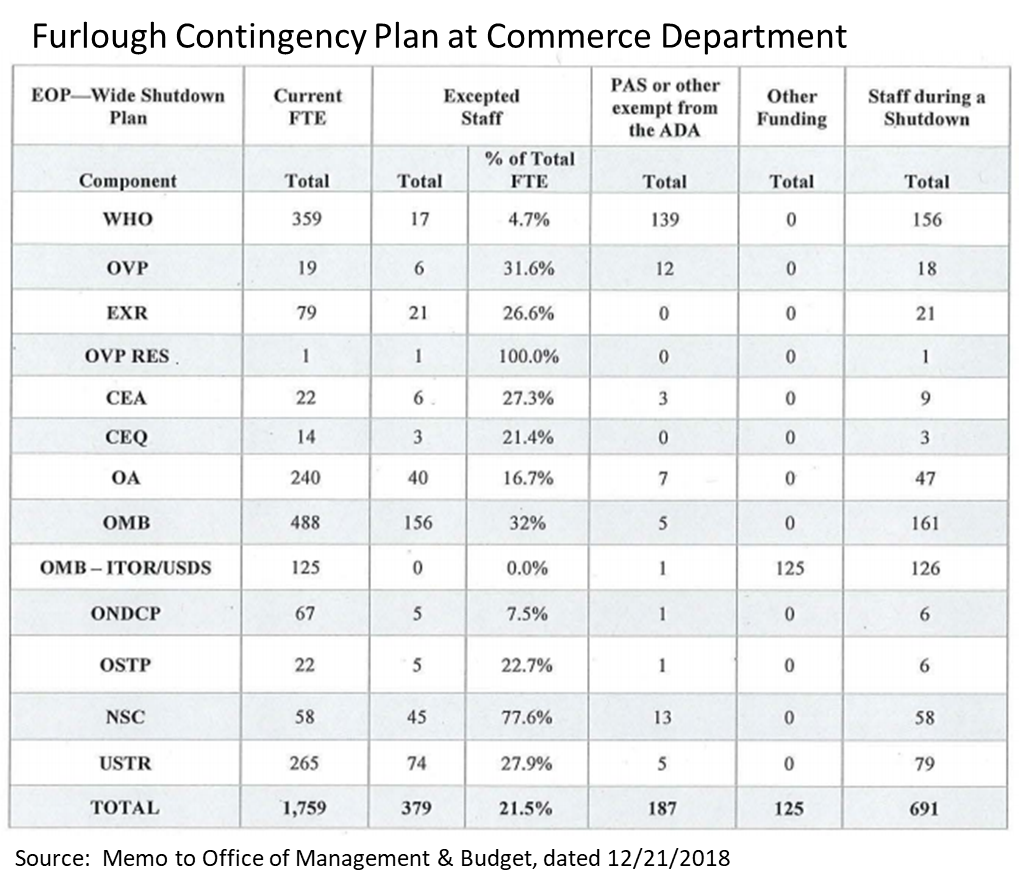Government/Policy

January 17, 2019
Wait for a Ruling on Exclusion Requests Just Got Longer
Written by Sandy Williams
Don’t expect to have your Section 232 exclusion request looked at any time soon. The Commerce Department has announced that, due to the number of furloughed employees during the partial government shutdown, it will temporarily suspend processing of Section 232 exclusions.
Contingency plans at the nation’s trade offices have dramatically reduced the number of people available to handle exclusion requests as well as antidumping/countervailing duty proceedings. The International Trade Administration’s workforce of 1,530 is reduced to just 47 people, according to the agency’s shutdown contingency plan. The ITA and International Trade Commission have put preliminary and final decisions on AD/CVD cases on hold and will likely extend the deadlines in trade remedy cases.

“Once the agencies re-open, they’re going to be busy catching up from all the work they haven’t been able to do. On top of that, there are a bunch of cases that are going to need to be initiated, so you can imagine that there’s going to be potentially a backlog,” Bonnie Byers, an economist at King & Spalding, told Inside U.S. Trade.
The Office of the U.S. Trade Representative, charged with processing exclusion requests for Section 301 tariffs, reduced its workforce as of Monday to 186 from its normal 265 employees. The shutdown will cause delays in receiving information from the Agriculture Department that is necessary for negotiating a resolution for 301 with China.
The longer the shutdown continues, the more far-reaching the effects. The ITC is scheduled to issue a report on the economic impact of the U.S.-Mexico-Canada Agreement on March 15. The report is currently under way, but whether it will meet the completion deadline is unclear.
Sen. Jerry Moran (R-KS) expressed concern on how the shutdown will affect his state. Moran is eager to see a deal that will support farm and manufacturing equipment exports from Kansas to Canada and Mexico. “This will delay our ability to consider a trade agreement that is of significant importance to Kansas,” he said.
Trade negotiations that are set to begin this month and next with Japan and Europe may be in jeopardy, said Sen. Chuck Grassley (R-IA), chairman of the Senate Finance Committee on Wednesday. “I think they’re going to be delayed,” he said.
The partial government shutdown is now in its 27th day.







